Microsoft is adopting a code of conduct for facial recognition
By MYBRANDBOOK
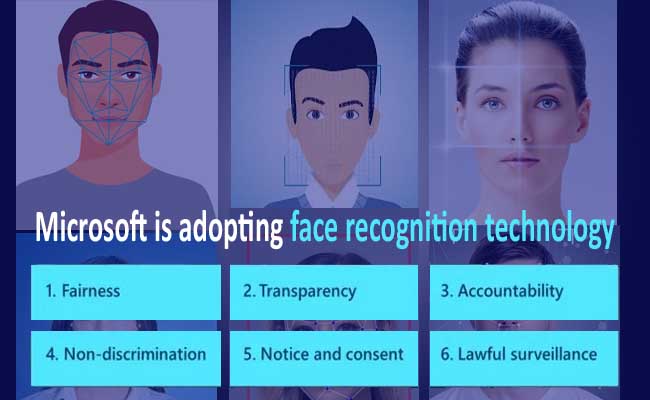
Microsoft is adopting ethical principles, aiming to bar misuse of face recognition technology
Microsoft Corp on Thursday has announced ethical principles for the use of its facial recognition technology, saying it would bar such technology from being used to engage in unlawful discrimination and would encourage customers to be transparent when deploying such services. In a blog post on Thursday, Microsoft pushed for urgency in regulating facial-recognition technology, while adding that tech companies should self regulate too.
Microsoft President Brad Smith called for governments to take a closer look at facial detection technology this week, with a similar message - "Only this time the executive is calling out fellow technology purveyors to help address myriad issues around the technology before it becomes too pervasive. It’s easy enough to suggest that the ship has sailed. After all, facial recognition is already fairly ubiquitous on everything from Facebook to Apple Animojis. But if the past year has taught us anything, it’s that the governments of the world can’t wait to implement the tech in a broader way - and plenty of tech firms are more than happy to help."
Identifying faces has become a common feature in consumer products including Apple Inc’s (AAPL.O) iPhone, Amazon.com Inc (AMZN.O) and Alphabet Inc’s (GOOGL.O).
Smith points to a trio of potential pitfalls for the tech: biased outcomes, invasion of privacy and mass surveillance. The ACLU has been raising red flags on that first point for some time, asking Congress to implement a moratorium on surveillance technologies. The group found that Amazon’s Rekognition software wrongly associated headshots of members of Congress with criminal mugshots.
U.S. civil liberties groups in May called on Amazon to stop offering facial recognition services to governments, warning that the software could be used to target immigrants and people of color unfairly. The other principles listed were fairness, accountability, notice & consent, and lawful surveillance.
Microsoft said that it will document and communicate the capabilities of the technology, as well as prohibit the use of facial recognition technology to engage in unlawful discrimination.
The new letter finds Microsoft frustrated at regulatory foot-dragging, instead of placing the burden on tech regulation on the companies themselves. “We believe that the only way to protect against this race to the bottom is to build a floor of responsibility that supports healthy market competition,” writes Smith. “And a solid floor requires that we ensure that this technology, and the organizations that develop and use it, are governed by the rule of law.”
The piece details a number of safeguards and vetting that companies can implement to help avoid some of the more troubling pitfalls here. Among the recommendations are some fairly straightforward suggestions, like transparency, third-party testing, technology reviews by humans and properly identifying where and when the technology is being implemented.
Microsoft is set to follow up these suggestions with a more detailed document arriving next week that will more thoroughly detail its plans, while soliciting suggestions from people and groups about how to more broadly implement them.
Microsoft said it would formally launch these principles, together with supporting framework, before the end of March 2019, but did not detail how it would implement them.
Microsoft has also not promised to bar sale of face recognition technology to law enforcement, which is what the American Civil Liberties Union has asked for.


Legal Battle Over IT Act Intensifies Amid Musk’s India Plans
The outcome of the legal dispute between X Corp and the Indian government c...

Wipro inks 10-year deal with Phoenix Group's ReAssure UK worth
The agreement, executed through Wipro and its 100% subsidiary,...

Centre announces that DPDP Rules nearing Finalisation by April
The government seeks to refine the rules for robust data protection, ensuri...

Home Ministry cracks down on PoS agents in digital arrest scam
Digital arrest scams are a growing cybercrime where victims are coerced or ...

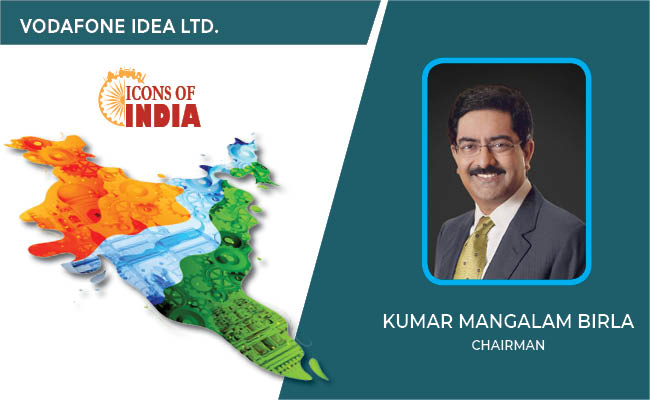
Icons Of India : Kumar Mangalam Birla
Aditya Birla Group chairman Kumar Mangalam Birla recently made a comeb...
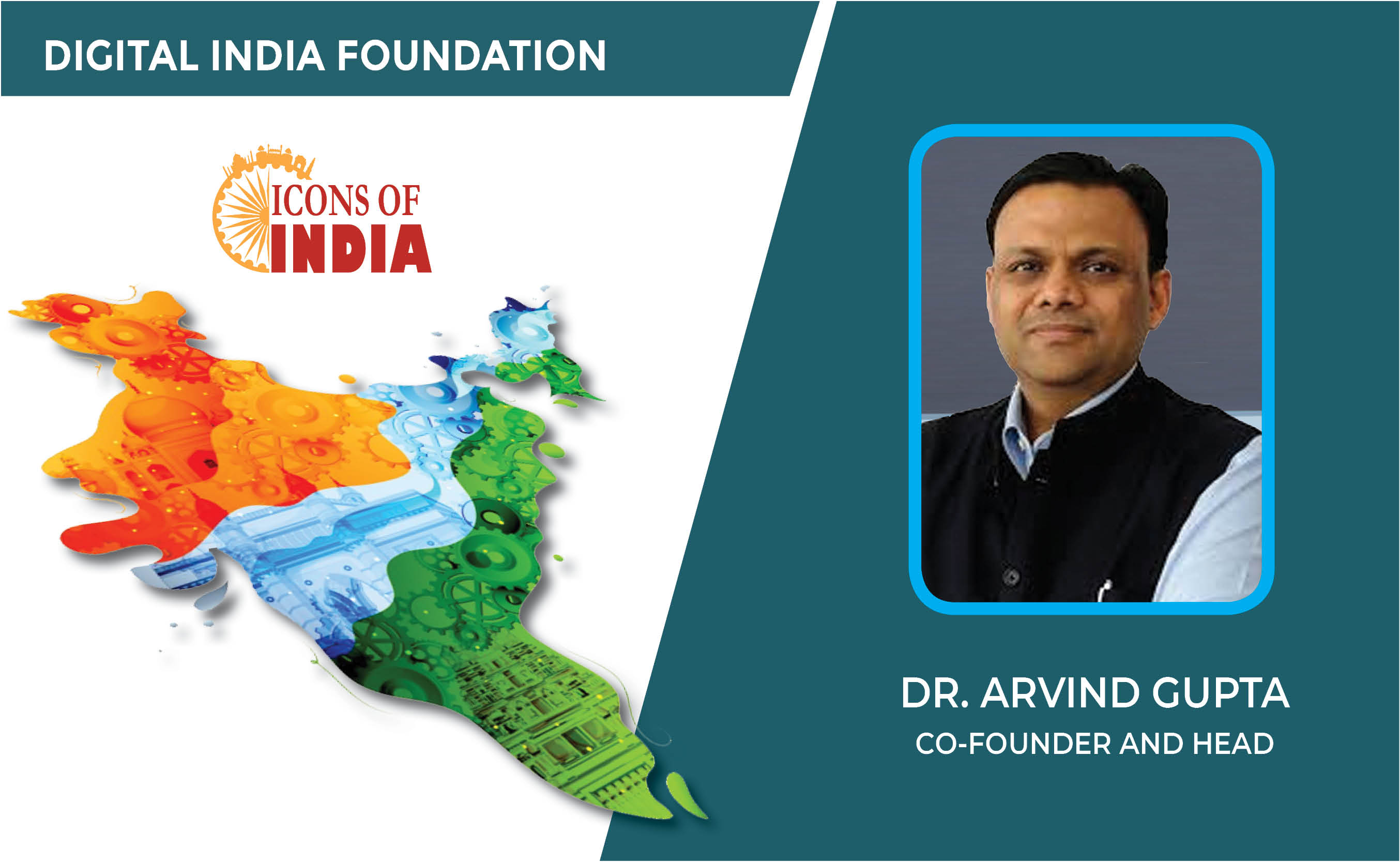
Icons Of India : Dr. Arvind Gupta
Arvind Gupta is the Head and Co-Founder of the Digital India Foundatio...
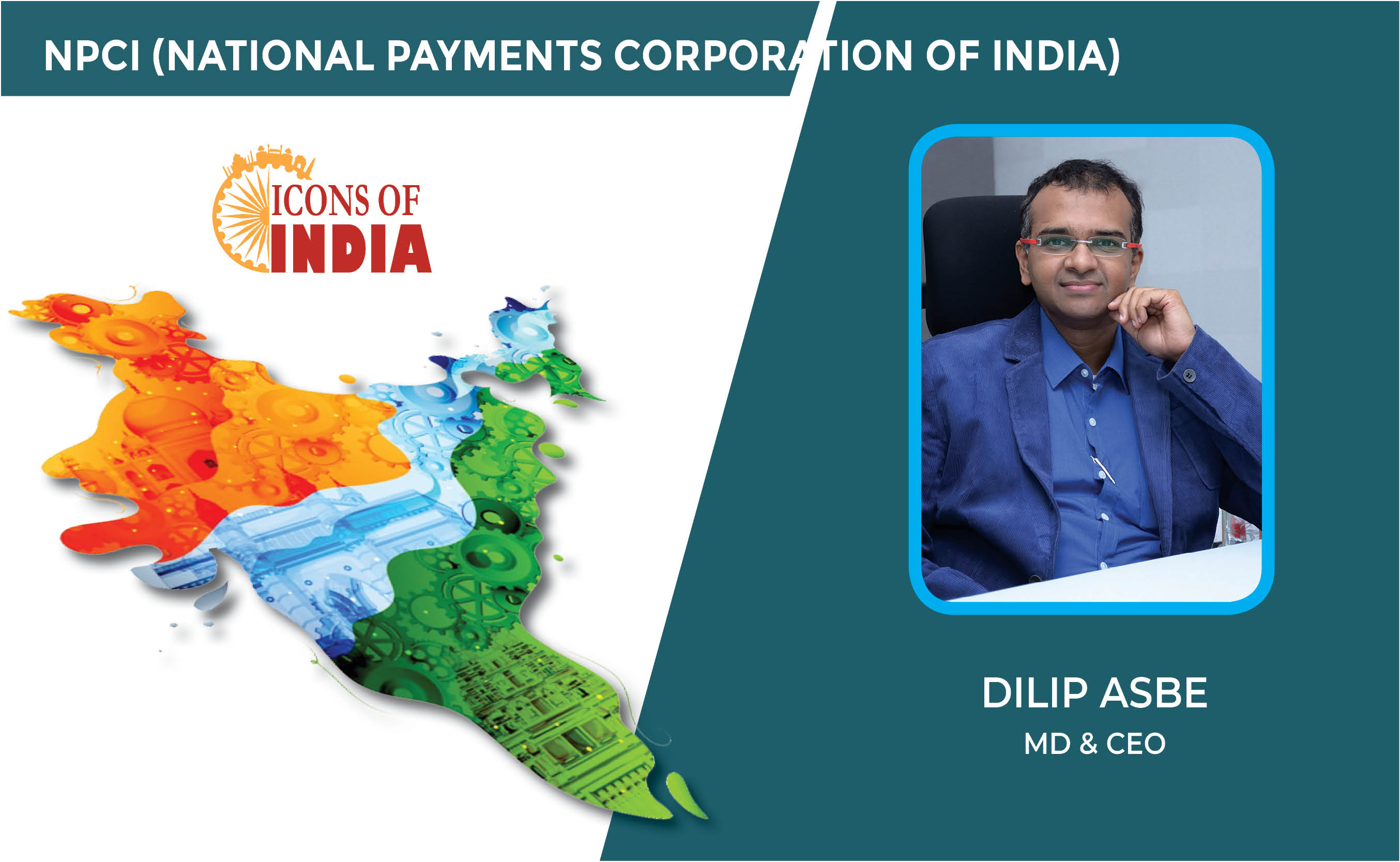
Icons Of India : Dilip Asbe
At present, Dilip Asbe is heading National Payments Corporation of Ind...

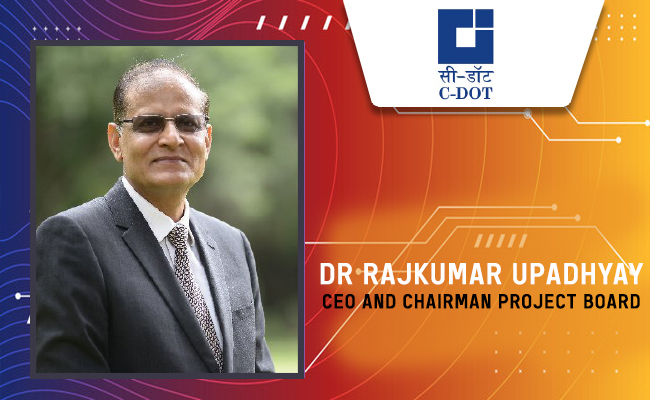
C-DOT - Center of Development of Telematics
India’s premier research and development center focused on telecommu...

CSC - Common Service Centres
CSC initiative in India is a strategic cornerstone of the Digital Indi...
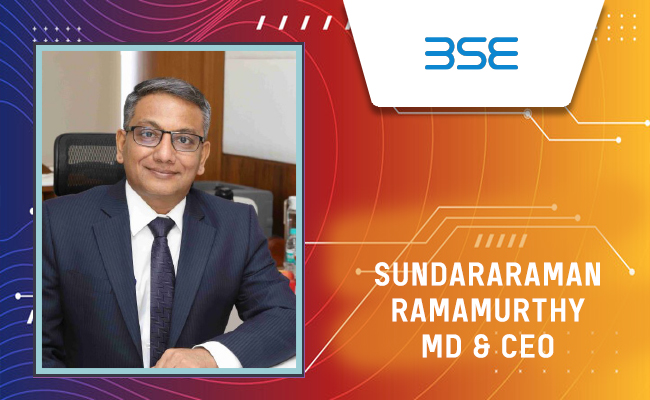
BSE - Bombay Stock Exchange
The Bombay Stock Exchange (BSE) is one of India’s largest and oldest...


Indian Tech Talent Excelling The Tech World - Aman Bhutani, CEO, GoDaddy
Aman Bhutani, the self-taught techie and CEO of GoDaddy, oversees a co...

Indian Tech Talent Excelling The Tech World - Vinod Dham, Founder & Executive Managing Partner, IndoUS Venture Partners
Vinod Dham, known as the “Father of the Pentium Chip,” has left an...
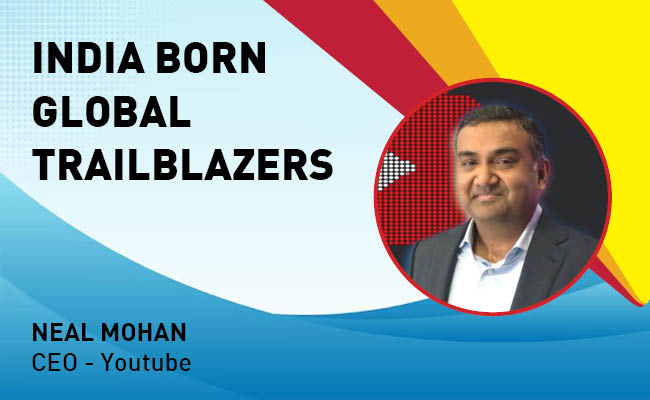
Indian Tech Talent Excelling The Tech World - NEAL MOHAN, CEO - Youtube
Neal Mohan, the CEO of YouTube, has a bold vision for the platform’s...
 of images belongs to the respective copyright holders
of images belongs to the respective copyright holders